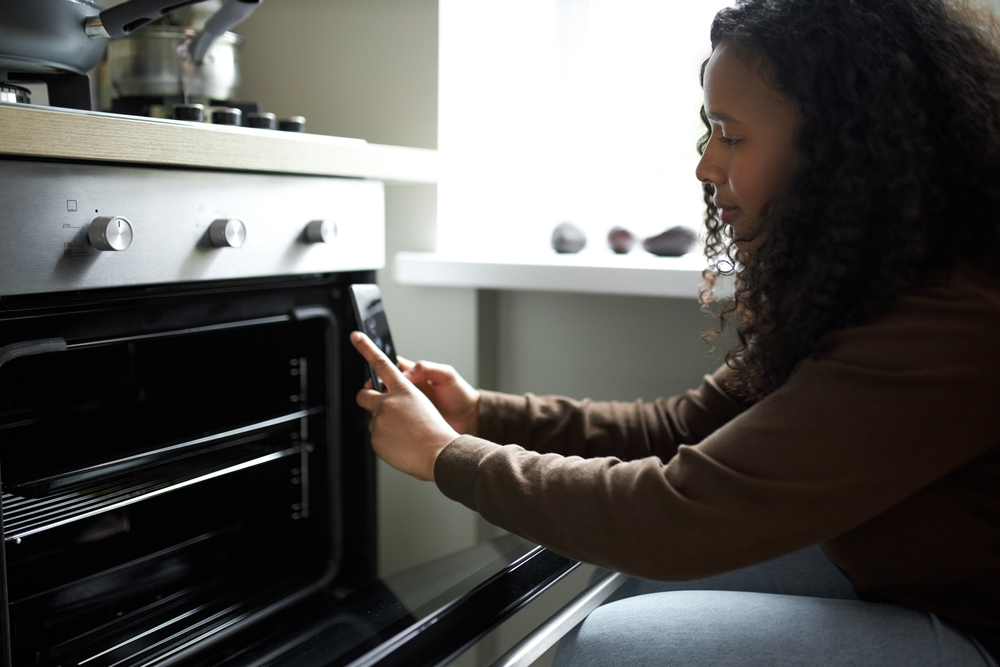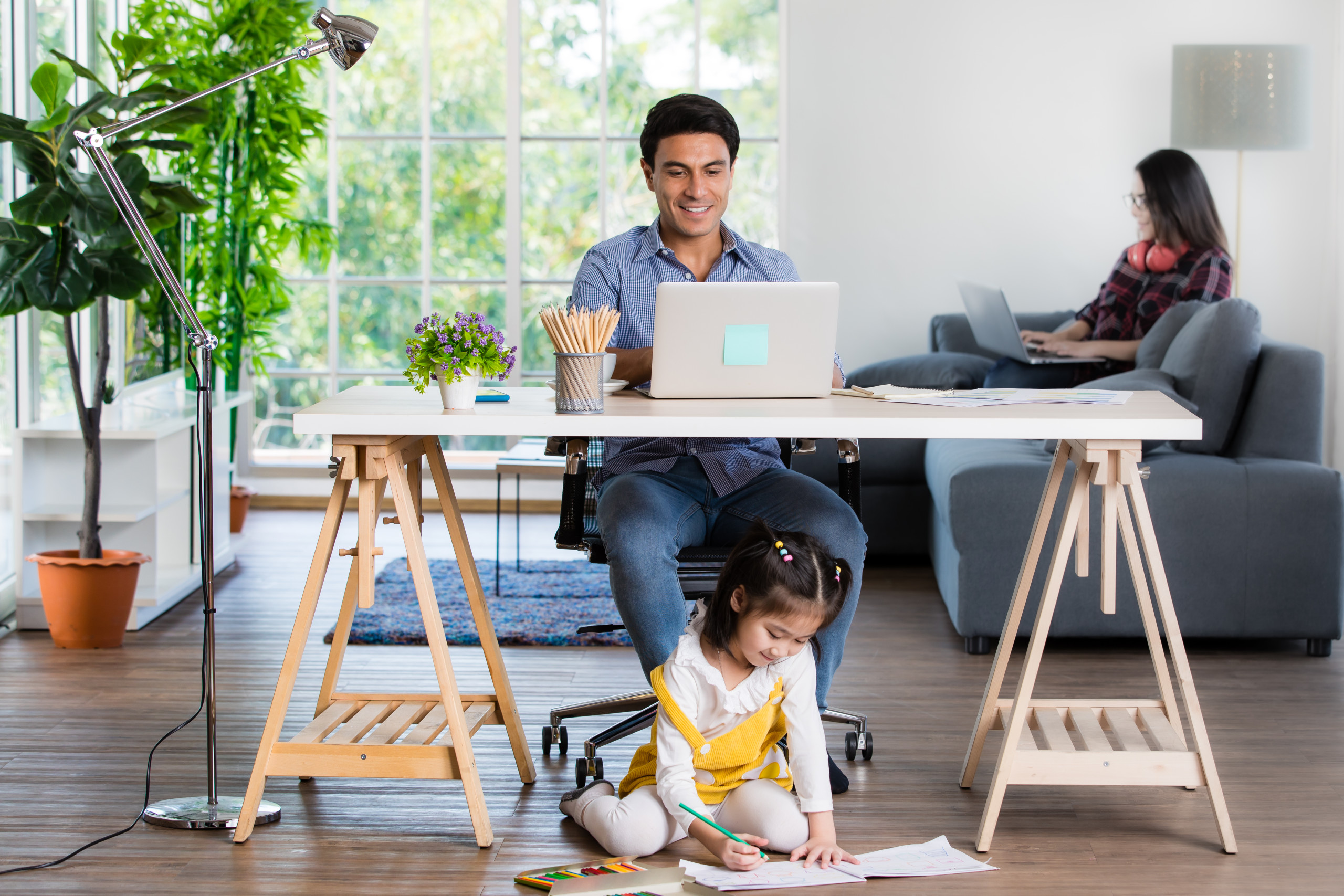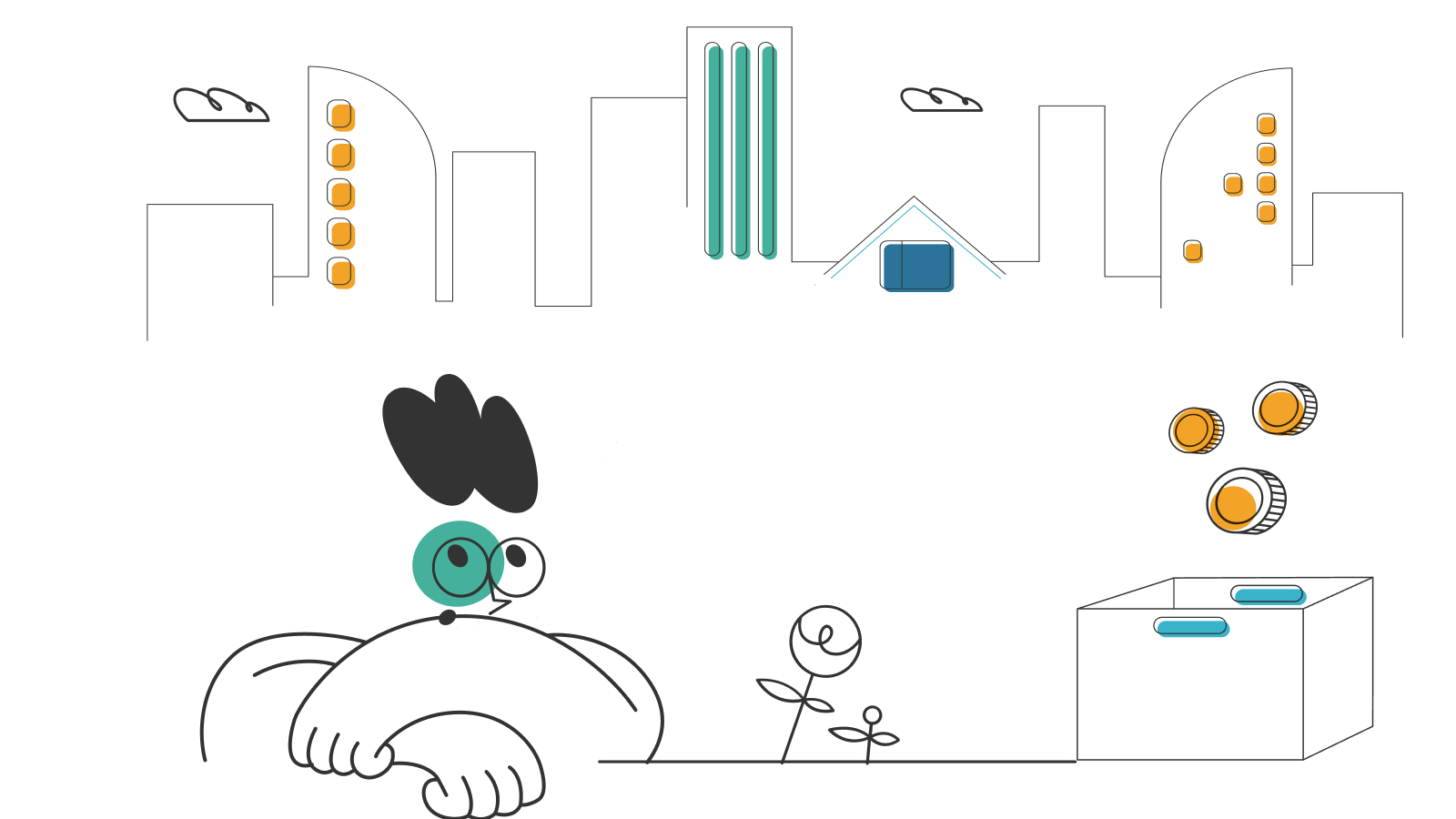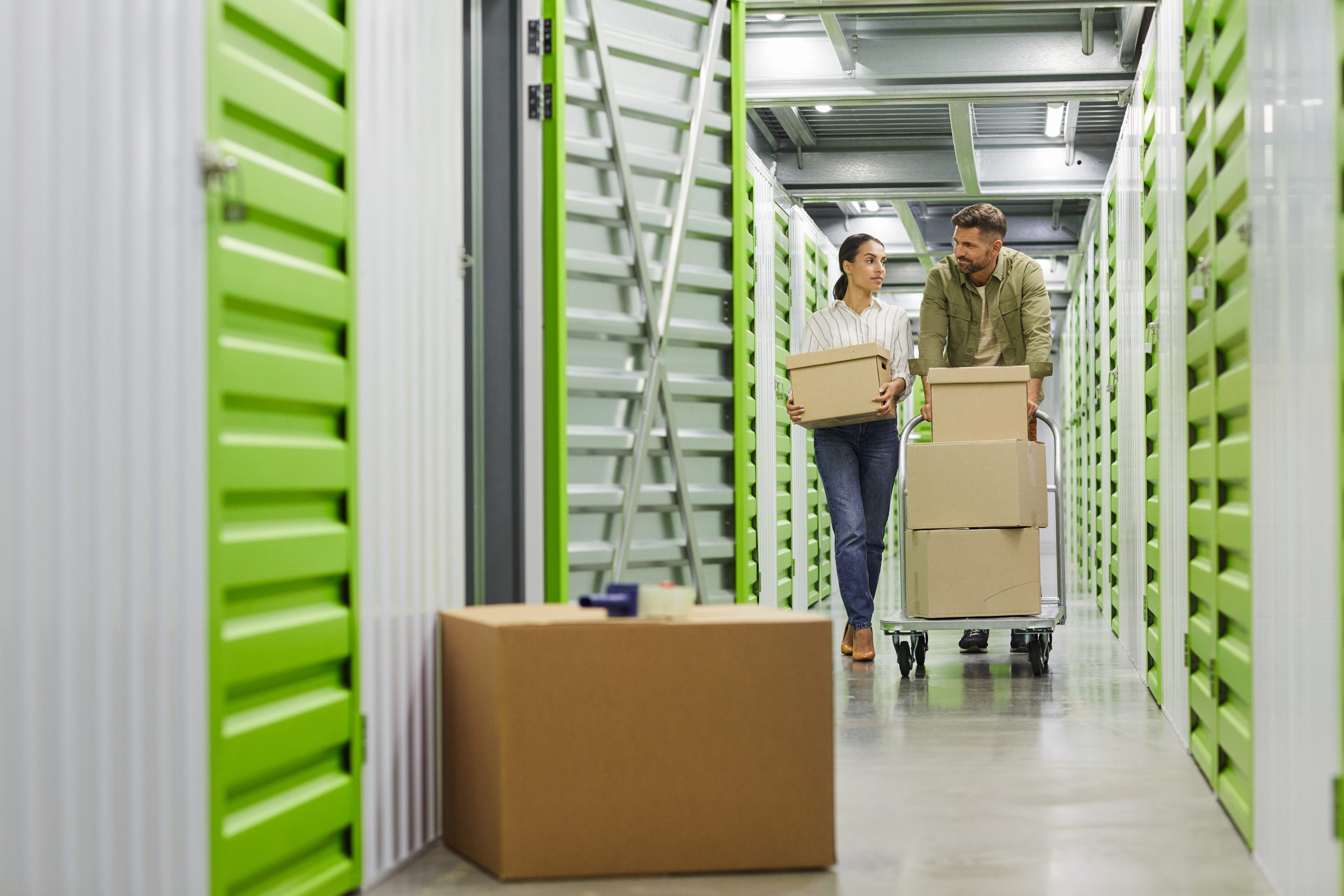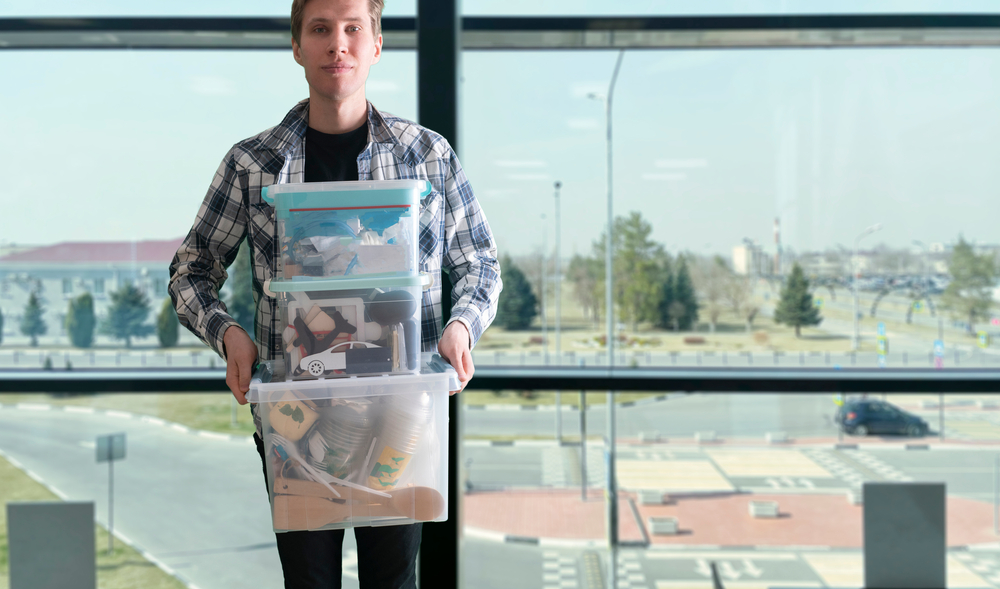Cleaning and Safety Tips for Moving During Coronavirus (COVID-19)
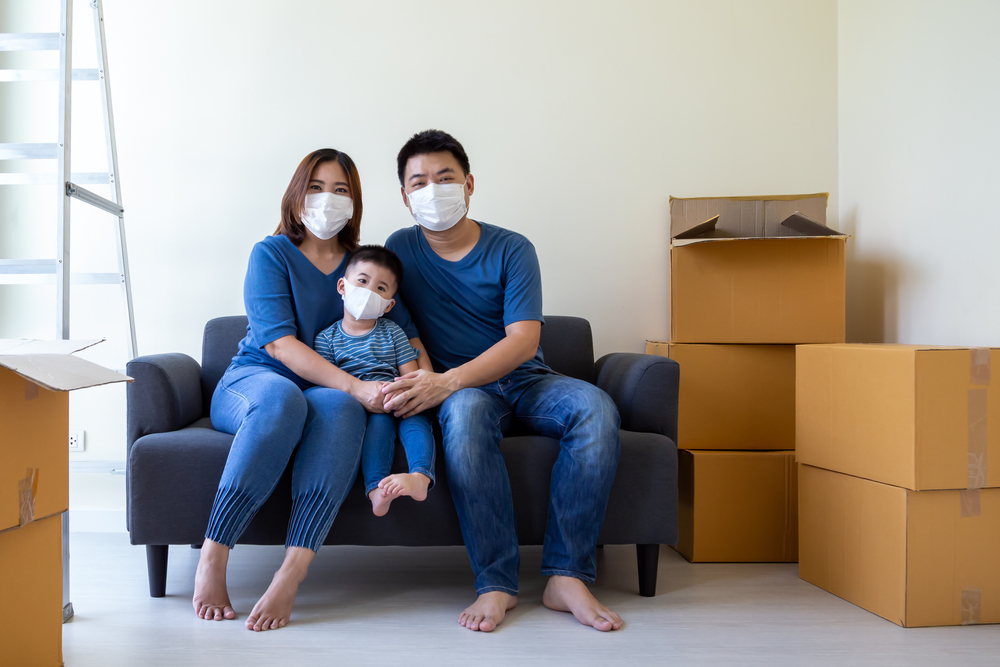
Moving soon? Get organized with our free moving checklist.
A pandemic doesn’t create the ideal environment for moving, whether you’re renting or buying a new home next door, across the country, or somewhere even farther flung. If you have to move now, though, you’ll need to know how to make the transition as safe as possible given the uncertainties of moving during coronavirus.
One way to help reduce the transmission of the virus that causes COVID-19 during your move is to get serious about cleaning. From your own hygiene to the supplies offered to moving crews, these best practices can help get you to your next place quickly and safely.
Continue keeping personal hygiene in check
Moving can be a stressful event. You already have a lot on your plate remembering where everything is, sorting, organizing, and packing to avoid breakage. However, it’s worth adding Center for Disease Control and Prevention (CDC) protocols to your moving checklist. Do you remember to wash your own hands regularly? Are you frequently laundering face masks and other reusable personal protective items?
In the rush of moving, it can be easy to let anything that seems inessential fall by the wayside. Avoid the temptation to “wash up later,” and stay diligent about the hygiene practices that help stop the spread of the virus.
Keep a safe distance
No matter who helps you move, they should keep their distance. If you’re inviting professionals into the process, have them adhere to social distancing guidelines and other practices deemed best by the CDC and other health organizations. Avoid tight spaces crowded with people, such as the back of moving trucks or rooms with multiple people already working together.
Disinfect the things that matter
Many of the CDC’s recommended practices for cleaning and disinfecting high-touch surfaces are already useful in the house for daily life. During a move, though — particularly with movers or friends inside helping out — those high-touch areas will get even more use.
Rather than trying to clean every doorknob, bathroom, and light switch, do your best to minimize who accesses each zone in your home. Leaving just one bathroom for moving personnel and guests to access can cut down on your work as well as reduce traffic to the areas in close proximity.
When possible, clean and disinfect shared spaces along the journey. For instance, you might disinfect high-touch surfaces in a rented truck. Be prepared to do a good cleaning upon arrival at your new home, as well.
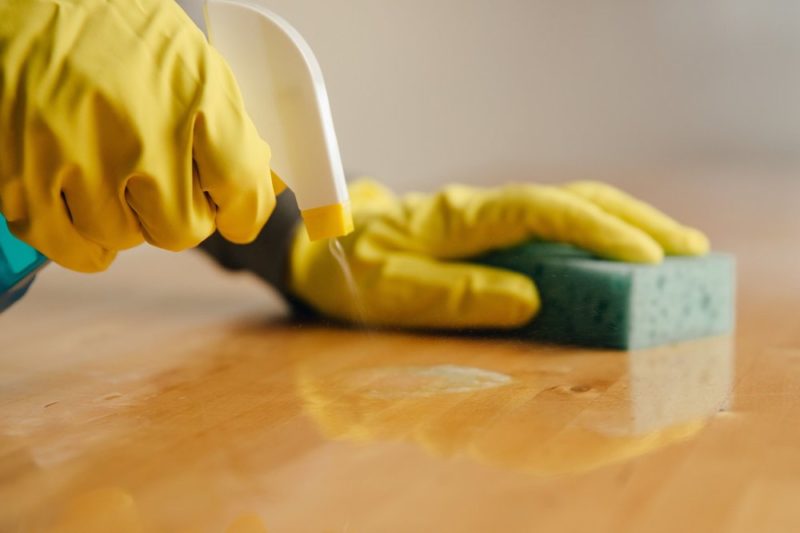
Communicate expectations
Most moving companies have their own internal COVID-19 protocols to help minimize the spread of disease. Consider doing some homework and finding out what those are ahead of time. Speak to the manager in charge of your moving team and ask what precautions will be taken. This helps you know what to expect so that you can make additional requests or provide extra supplies.
On the day of the move, don’t hesitate to ask questions of the moving team or remind them of the things you’re doing to promote health. For instance, showing them to the guest bathroom and directing them to trash cans they use is not only being a good host; it sets boundaries for your idea of safety so that they can do their best work.
Keep the essentials in sight
It’s one thing to discover that your computer power cable is tucked away somewhere among dozens of matching boxes. It’s quite another to discover you’ve sent the hand sanitizing soap along with your books. Set aside everything you’ll need to keep you and moving helpers safe — and play it safe by factoring in extra supplies.
Essentials to keep on hand include:
- Disinfectant spray and cleaning solutions
- Hand sanitizer and body soap
- Toilet paper and paper towels
- Standard household cleaners (as well as a mop, broom, and vacuum) for messes like spills and tracked dirt
- Disposable masks for those who might not have their own
If you fall ill
These tips all assume that you and those you come in contact with are in good health. What should you do if you start to feel ill? While you probably can’t stop the moving process once it’s begun, you should do your part to eliminate contact with anyone who you may infect.
If quarantining through the move is possible, do so. Rely on healthy people around you and in your support network — continue to maintain your distance, tend to cleaning protocols, and reach out to your health care provider for further instructions on how to recover while moving during coronavirus.
Moving can be stressful under the best of circumstances. Now, when the situation is far from ideal, thinking about these considerations before the move starts can keep the process as smooth, and healthy, as possible.
Moving soon? Get organized with our free moving checklist.
Internet and TV tips
Switching providers and don’t know where to start? We can help.




